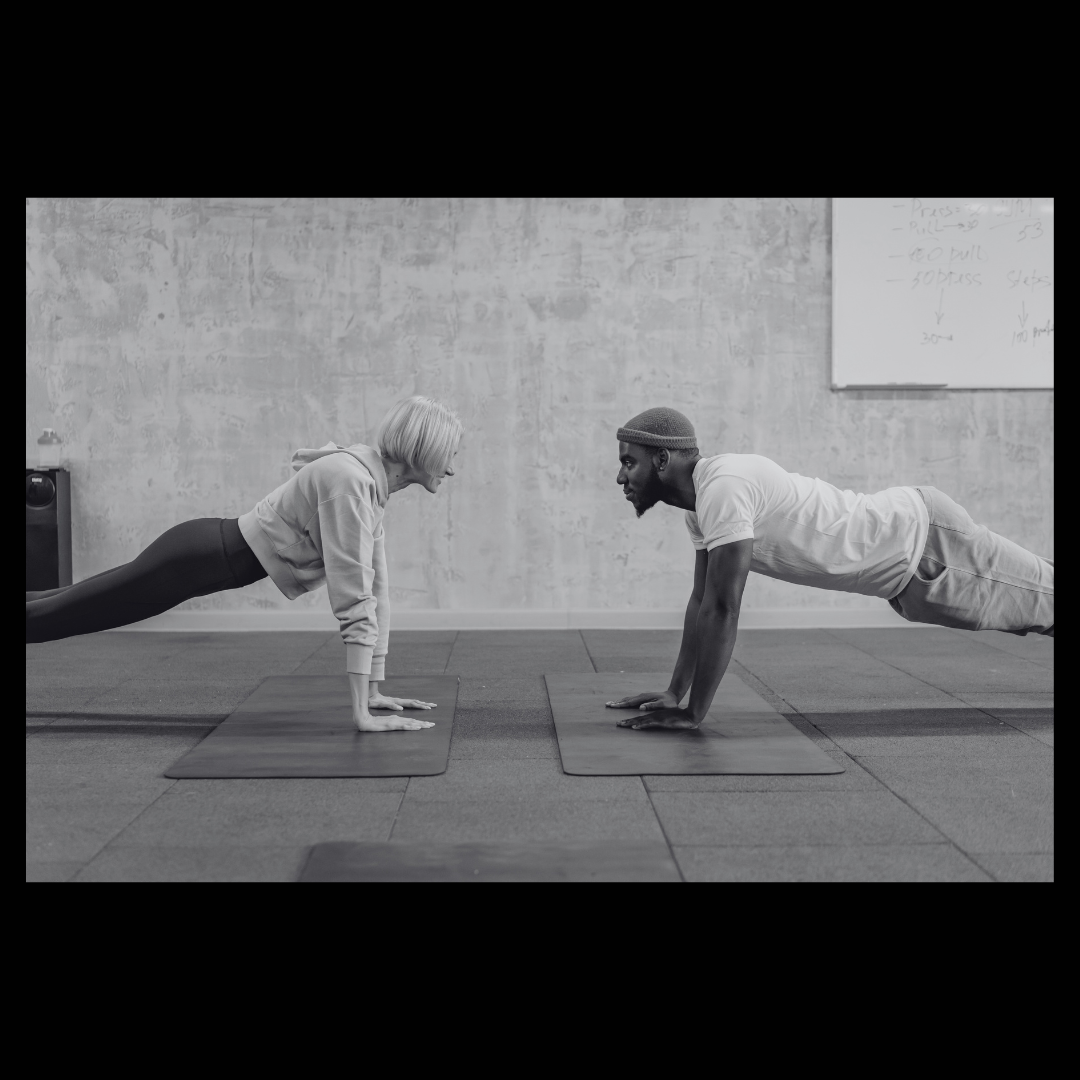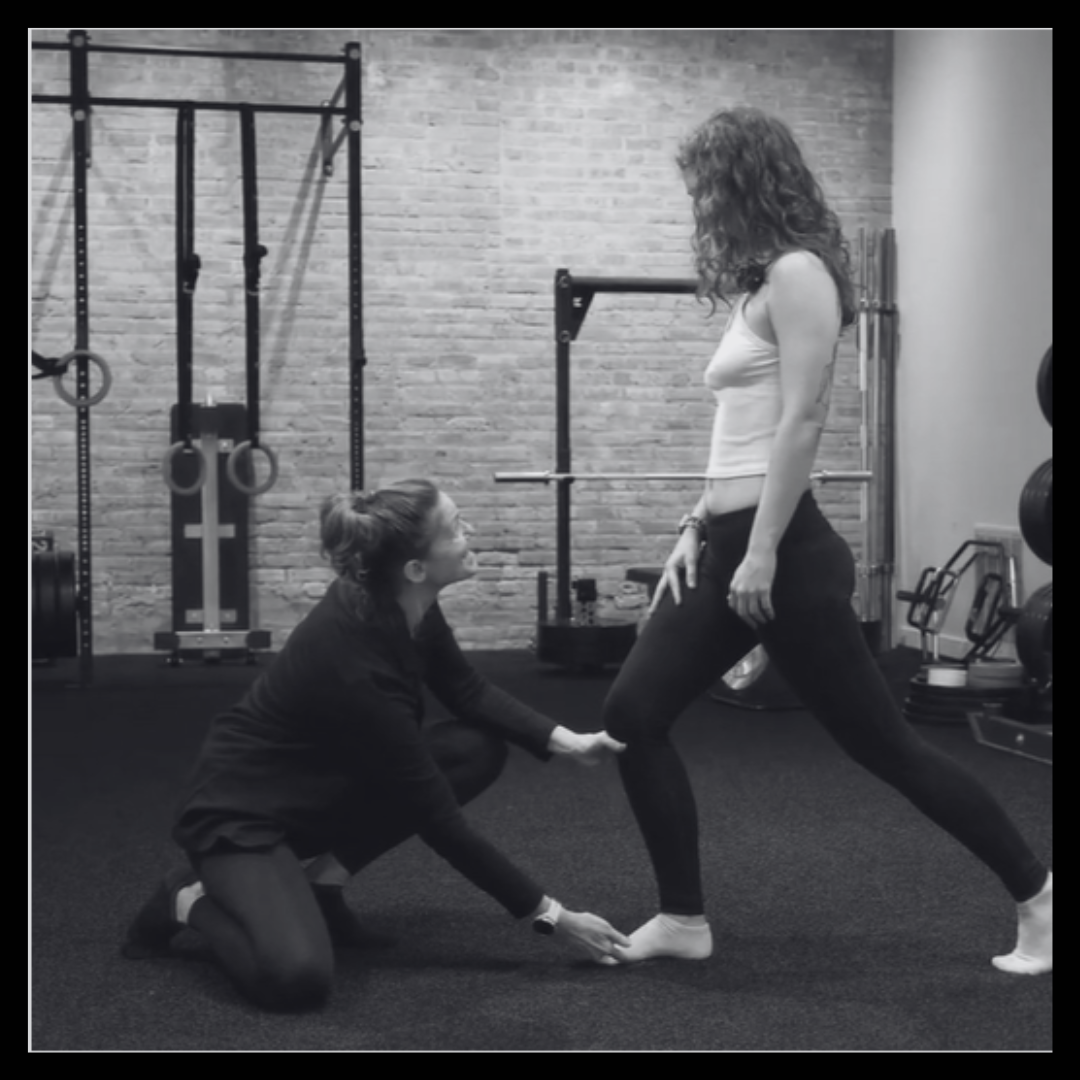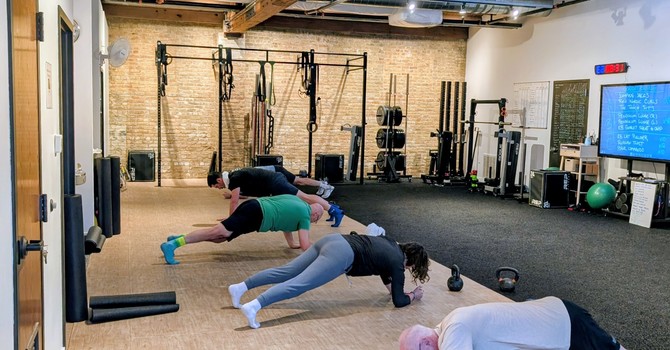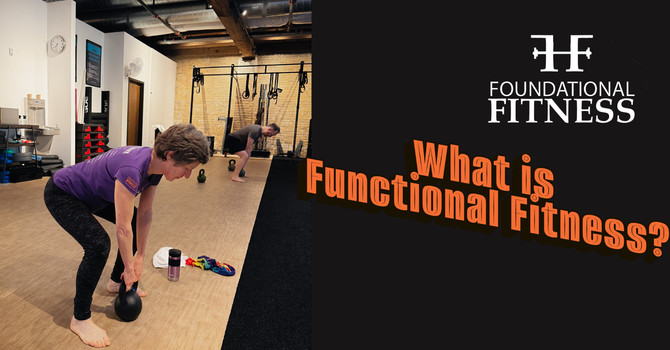
Making a Commitment to My Health
What can investing in a fitness routine do for my health?
Like many people, I quit my gym membership when COVID got bad, quickly adapted to a sedentary lifestyle, and never quite got around to renewing my membership when the pandemic subsided. I was reminded of my foolishness five days a week as I worked at Cornerstone, which features an excellent gym and stellar staff–there was just no excuse to let myself continue to decay, to keep swallowing NSAIDs for the various aches and pains that were sprouting like fertilized dandelions. So last New Year's Eve, I vowed to commit to attending at least two Foundational Fitness (FF) classes each week.
The results have been so powerful for me that I thought I’d encourage others to share in the experience.
What is Foundational Fitness?
If you are looking for a "Doctor-Designed" fitness program, you are on the right track when considering Foundational Fitness. We simply choose to call it "Clinical-Fitness" because not only is it designed by specialized healthcare providers, but it serves a purpose: to strengthen and condition by adding load to lock in those results achieved in the clinic.
Rehab is part of the treatment plan of nearly every Cornerstone patient, and patients seem to appreciate the connection between an injury and the need to exercise an injured muscle or one that the patient clearly perceives to be weak. Less obvious, however, is why Dr. Fergus and I recommend FF to our patients once their condition has begun to stabilize.
No need, Doctor J! I walk my beagle/practice qigong/play kumquatball. I don’t need to start another fitness program.
Yeah, you do. Because unlike those other activities, FF is established on strength training, the kind of exercise most people need to achieve the greatest changes in their lives. Yes, you should get around a half hour of exercise every day, but the U.S. Department of Health and Human Services recommends strength-based exercises at least twice a week.
“Strength-based exercises”? Wha…?
Any activity in which you push or pull against a force is strength training. At Foundational Fitness, we offer a variety of strength-training tools, including exercise bands, medicine balls, and hand-held weights. Even calisthenics, i.e. exercises that use your own body weight as resistance, counts as strength training–push-ups, lunges, and gymnastic rings all use body weight as resistance:

Okay, but how exactly is strength training good for me?
A routine of strength training offers a plethora of invaluable benefits:
- Greater stamina: An especially important benefit given that nearly all of FF’s strength training targets the postural muscles. Imagine being able to sit up straight for longer and with less effort! (Imagine not having to focus so hard and continuing to fail at good posture. Trust me, this will become part of you.)
- Greater power: Crucial to folks who have trouble getting up from a chair or performing other routine activities of daily life. And because strength training builds muscles and bone density, it can help seniors age with less risk of injury and with greater autonomy. (as I like to teasingly remind myself, I always want to be able to get off the toilet on my own).
- Healthier joints: According to Harvard Medical School, strength training helps to stabilize arthritic joints, reduce pain, and increase range of motion.
- Less fat: Not only does the act of strength training burn calories, stronger muscles result in more calories being burned even while at rest.
- Improved cardiovascular health: Strength training just two or three days a week has been shown to lower women’s risk of death from heart disease by 30%, likely due to links between strength training and lower blood pressure and cholesterol.
- Reduced risk of type 2 diabetes: Muscles are fueled by blood sugar, so strength training burns down your glucose levels. Lots of research–including this study and this one too–associates strength training with a decreased risk of type 2 diabetes. (This disease is seriously on the rise in our country and so we need all the help we can get to fight against it)
- Better mental health: The benefits of strength training reach above the neck too. Even low-intensity workouts can reduce anxiety–even with just one workout! Strength training also can help reduce symptoms of depression, particularly for those at risk of metabolic disease.
Holy poo! Those benefits are insane! I wonder why more people don’t pump iron?
Weight-lifting equipment can be expensive to purchase and difficult to store. Even with the proper gear, it’s easy to lift weights but challenging to do it effectively and safely. And many people just starting out have body shame or fear of bulking up too much. Fortunately, FF addresses all of these problems: we have all the workout gear you need, our trainers vigilantly ensure that you maintain proper form and challenges to meet your goals, and our classes are full of friendly, supportive folks like you.
What was it like for you, starting FF classes?
The first three weeks were the hardest, just because that’s how long it takes me to completely integrate a new habit into my life. I had to force myself to attend each class and promised myself the reward of a new computer keyboard if I didn’t miss any classes in those three weeks. It worked: after three weeks, my body got hooked on the routine.
Oh sure, there were some aches and pains–that’s unavoidable whenever you start a new exercise, especially if you’re out of shape as I was. But Liz is uncannily (sometimes diabolically) talented at evaluating just how heavy your weights should be, just how many push-ups you’re capable of, just how close you are to collapsing from exhaustion. And she wasn’t alone: my experienced classmates cheered me on and offered advice too.

The more classes I attended, the stronger my body became, and I’m now at the point where I seldom feel any discomfort at all after strength training. All of the usual ailments I had before beginning the routine have vanished, and hey, my clothes fit better to boot.
Okayfine, I get it. How do I get started?
Contact us to set up a No-Sweat Intro with Liz. She’ll use this time to get to know you, then work with you to determine your goals and to make a plan on how you can meet them.

J. McCrackan DC, CMT
Contact Me



